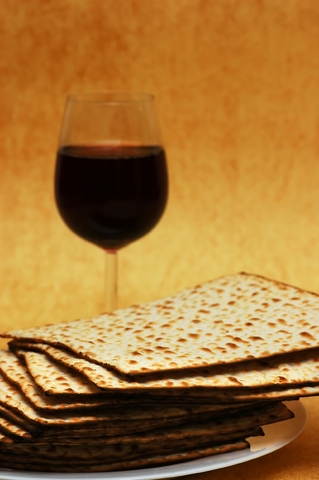 Several readers have inquired about kosher wines recently. And while Rosh Hashana and Yom Kippur have passed, kosher wines aren’t just for holidays.
Several readers have inquired about kosher wines recently. And while Rosh Hashana and Yom Kippur have passed, kosher wines aren’t just for holidays.
Many outside the Jewish community seek kosher wines because of the “bio” friendly production and the strict winemaking practices which include the prohibition of any animal products such as egg whites or gelatin which are sometimes used as fining agents to clarify wine.
The grapes must be from vines that are at least 4 years old and every seventh year the fields must be left uncultivated. There are also strict prohibitions on other crops being grown in the same vineyards.
During the harvest only Sabbath-observing male Jews are allowed to work the vineyards and winery and a rabbi or kashrut-trained supervisor — one versed in the Jewish dietary laws — must observe all steps in the winemaking process.
Following production, 1 percent must be thrown away, a symbolic remnant of the 10 percent tithe, paid to the Temple in Jerusalem.
There are two different types of kosher wines, meshuval and nonmeshuval. Meshuval wine has been heated to near the boiling point, then cooled. This ensures the wine is kosher regardless of how and by whom it is served.
Nonmeshuval wine has not been boiled. If the person who opens or serves the wine is not Jewish, the wine is no longer kosher.
With increased quality and producers including vineyards in France, Spain, California, Italy, New Zealand and Israel, there are many excellent kosher wines to be found. The following are available in Arkansas.
THE VALUES
- 2007 Kesser Concord, New York (about $7 retail)
- 2007 Recanati Cabernet Sauvignon, Israel (about $16 retail)
- 2007 Baron Herzog Chardonnay, California (about $19 retail)
THE SPLURGE
- NV Laurent Perrier Brut, France (about $75 retail)